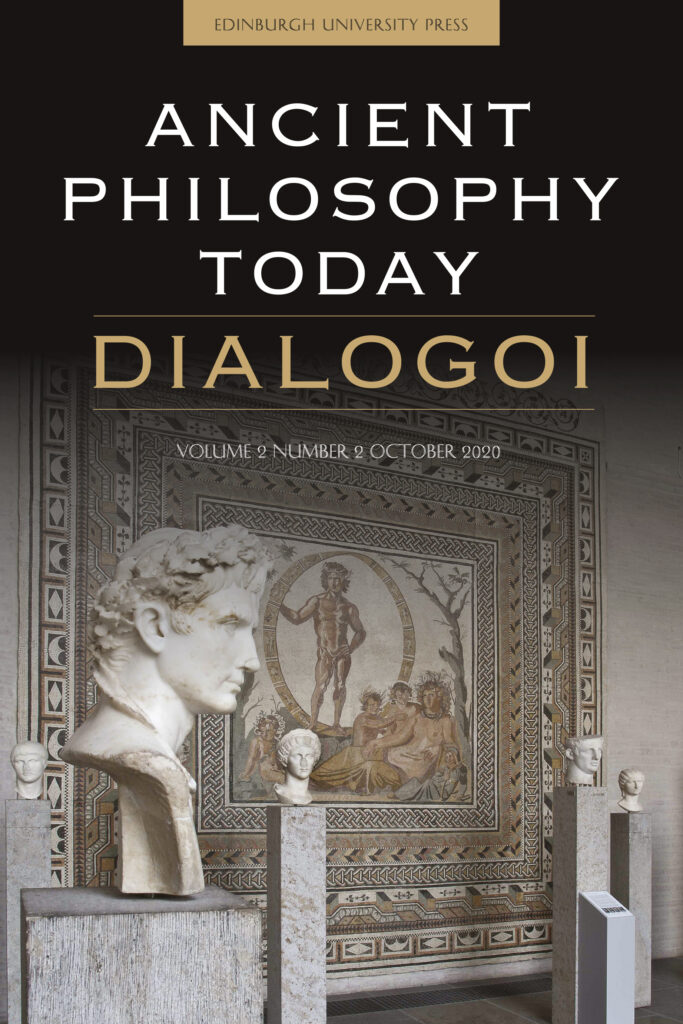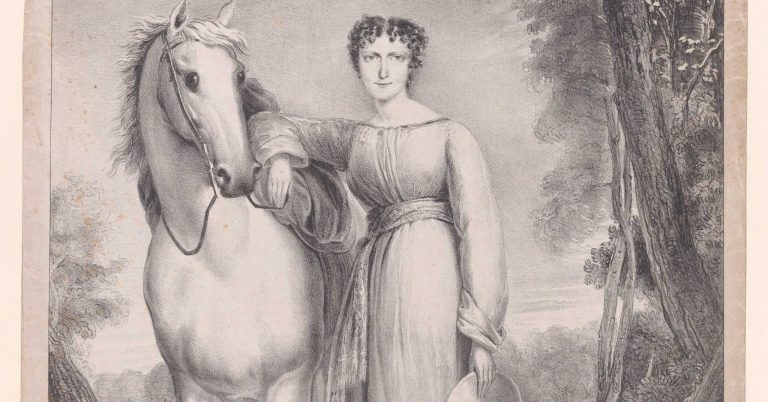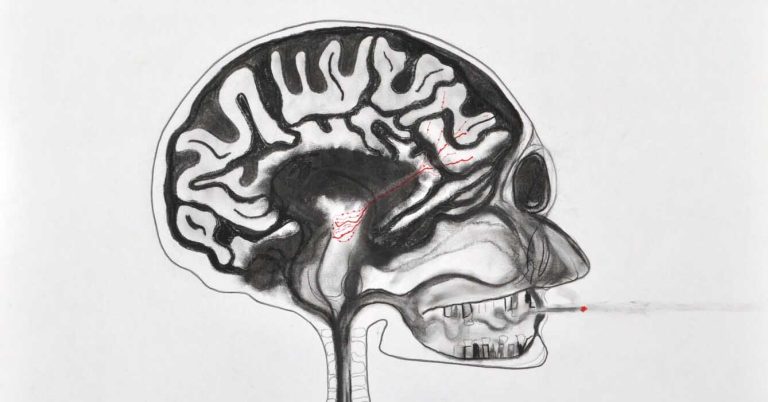
By Jason W. Carter
How much do we know about the future? Some people think that we can know a lot about the future – even the distant future. We might now know, for instance, that a catastrophe caused by global warming is going to happen, or that humans will eventually build sentient robots. Other people think that we cannot know what will happen in the distant future, but we can know what will happen in the near future: given the present state of the world, we can know that events like COVID-19 sticking around next year are more or less inevitable.
In contrast, other people think that the future is wholly unpredictable. They would say that we cannot even know what will happen tomorrow, much less what will happen in fifty years. Perhaps, they might say, we will find a way to avert global warming in the next few years, and perhaps someone will find a vaccine for COVID-19 tomorrow.
Ancient philosophers, like ourselves, worried about the extent to which future events were inevitable, and how many of them they could change. One of the most interesting of their debates about the future concerned a very basic logical question: are statements we make about events that will happen in the future true or false now? The question is simple, but its answer has profound implications for how we understand our ability to shape the events of history.
The origin of this question, as far as we can tell, is chapter 9 of Aristotle’s logical work, On Interpretatione. In this chapter, Aristotle responds to an unnamed group of fatalist philosophers who argued that everything about the future – whether the outcome of an election, or the fall of a nation – is already determined to happen one way and not another.
Aristotle tells us that the fatalist reasoned like this: pretend that a person says, ‘There will be a sea-battle tomorrow’ (a frightening prospect for an ancient Greek living near the sea). If this claim is now true, the fatalist claims, then it is now already necessary for a sea-battle to occur tomorrow. If were not already necessary, then the person’s statement would not be true. But if it’s true, then it’s now already necessary for a sea-battle to occur tomorrow. If so, then deliberating about how to stop it (or indeed, how to start it!) is pointless, since it’s determined to happen regardless. This simple piece of reasoning, later made even more complicated by an obscure philosopher named Diodorus Cronus, became a central topic of debate amongst Hellenistic philosophers. It is now studied as part of the more general problem of future contingents.
To defend the view that the future is not determined, Aristotle responds to the fatalist by arguing that claims we make about what will or will not happen in the future are not necessarily true or false today. One may say, Aristotle says, that it is true now that specific future events are likely or unlikely to happen, because there are many sorts of events – like rainy weather in Scotland – that happen ‘for the most part’. Even our everyday decisions have likely outcomes that happen for the most part. If you decide to drink coffee, for instance, it is likely that you will feel a bit less tired.
Even so, Aristotle thought that events that happen only for the most part were always subject to being diverted from their regular courses by other chance events. Hence, he concluded, none of our statements about particular contingent events in the future are already necessarily true or necessarily false. In other words, the future is still open for us to change it.
Aristotle’s view of the future – if we accept it – has implications for us today. Many of us are now facing a new sort of problem: frustrated plans, constant changes to our patterns of life, and the anxiety that goes along with this. Aristotle might diagnose this frustration as caused by our habit of trusting that the future is to a large extent already fixed – trusting that our jobs will remain, that our health will remain, that our governments will be stable. However, if we can accept Aristotle’s view that most things in the future are not fixed in this way, we can soften the blow of these disappointed expectations.
There is also another benefit from accepting Aristotle’s view: it might help us to face the future more courageously. Courage, according to Aristotle’s ethics, is a virtue that consists in nobly facing something fearful, while remaining confident in one’s means of overcoming it.
If you find tomorrow fearful, and want to face it with courage, remember: you can be confident in the fact that how the future unfolds is at least partly contingent upon what you decide to do today.

Jason W. Carter is Associate Lecturer in Philosophy at the University of St Andrews. His research centres on ancient Greek theories of the soul, metaphysics, and ethics. His most recent book is Aristotle on Earlier Greek Psychology: The Science of Soul (Cambridge: Cambridge University Press, 2019). Look out for Jason’s article in a forthcoming issue of Ancient Philosophy Today.
Ancient Philosophy Today: DIALOGOI provides a forum for the mutual engagement between ancient and contemporary philosophy. The journal connects interpretative work in ancient philosophy to current discussions in metaphysics, epistemology and ethics, and assesses the continuing relevance of ancient theories to current philosophical interests and debates.






